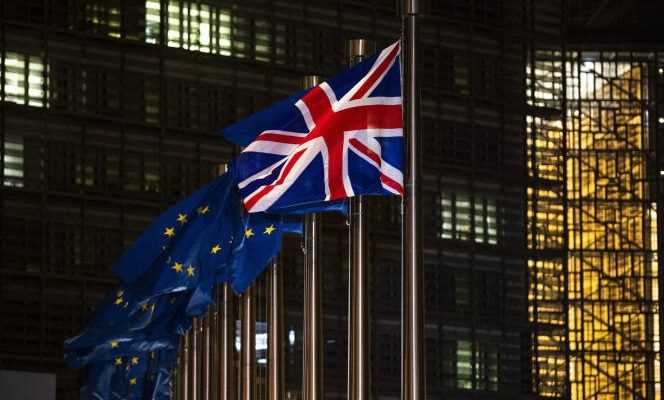BRUSSELS LETTER
The UK officially left the European Union (EU) on January 31, 2020 at midnight. Since then, the Union Jack has disappeared from the pediments of community buildings, British MEPs have left the benches of the European Parliament, the Commission operates with 27 Commissioners and, at the Council table, 10 Downing Street is no longer represented. . However, within these three institutions, everything is happening as if Brexit had not taken place.
His Majesty’s subjects remain numerous there. There are 267 (3% of the workforce) in the Legislative Assembly and 79 (2.6%) in the Council (Member States). At the Commission, from which the legislative proposals emanate and which negotiates trade agreements with third countries on behalf of the Twenty-Seven, there are still 730 (2.4%). The United Kingdom thus remains the twelfth country best represented within the community executive, ahead of sixteen member states.
We have to go back to the beginnings of Brexit to understand how we came to this paradoxical situation. When, on June 24, 2016, Europeans learned that the British, consulted by referendum the day before, had decided to leave them, the institutions hastened to reassure all these officials and contractors who had crossed the Channel to serve the Community cause (2 000 out of a total of 56,000 at the time). “You work for Europe. You left your national “hats” at the door when you joined this institution, and that door is not closing on you now ”Jean-Claude Juncker, then President of the Commission, told them the same day.
Things are not so obvious. European regulations require that a civil servant “Is recruited on condition that he is a national of one of the Member States of the EU” but it does not envisage the case of the exit of a member state. “If the institutions had separated from the British, it would have resulted in legal brawls of very bad taste. We really didn’t need that in 2016 ”, judge a former senior British official.
Jean-Claude Juncker has made the choice of social peace, especially since “The British were infiltrating human resources and putting the unions in the pocket”, adds a diplomat. Internally, no one took offense: between Eurocrats, we know how to show solidarity. “British officials? They are not British. They were all against Brexit ”, argues the former European Commissioner Pascal Lamy.
You have 66.85% of this article to read. The rest is for subscribers only.
